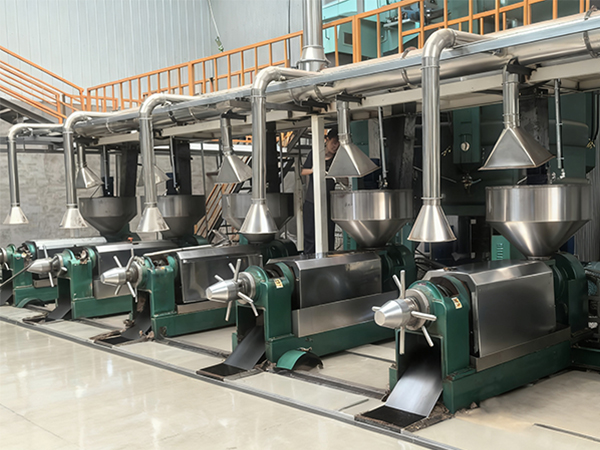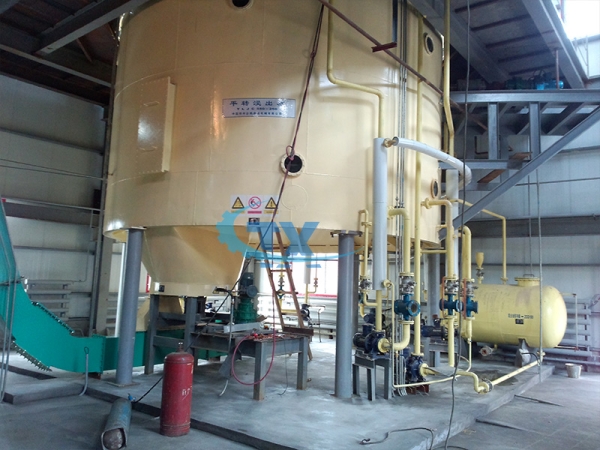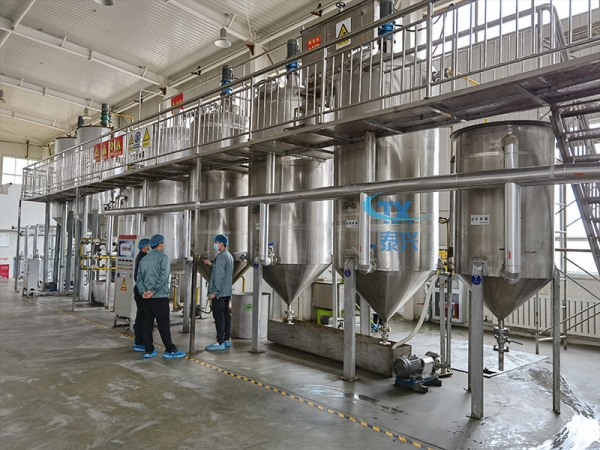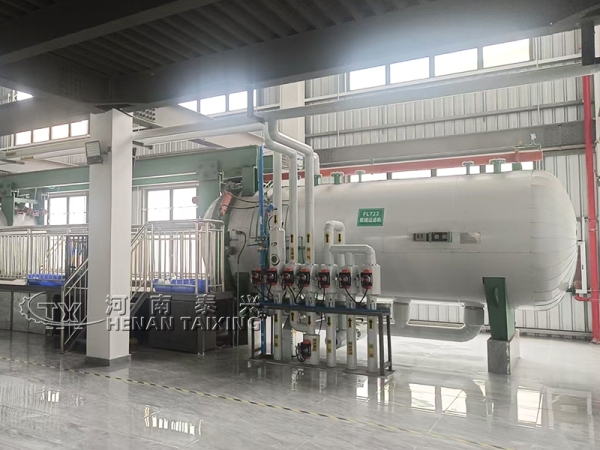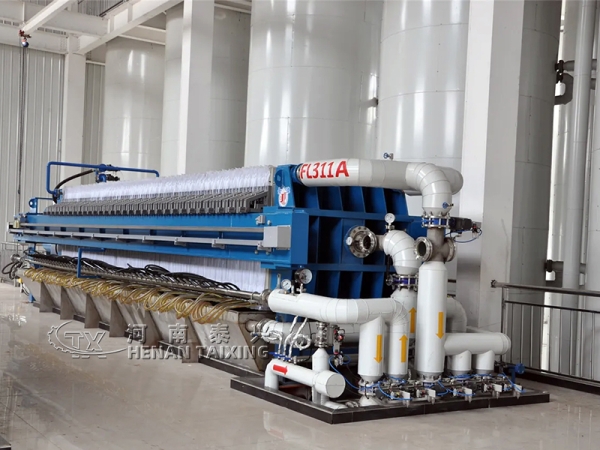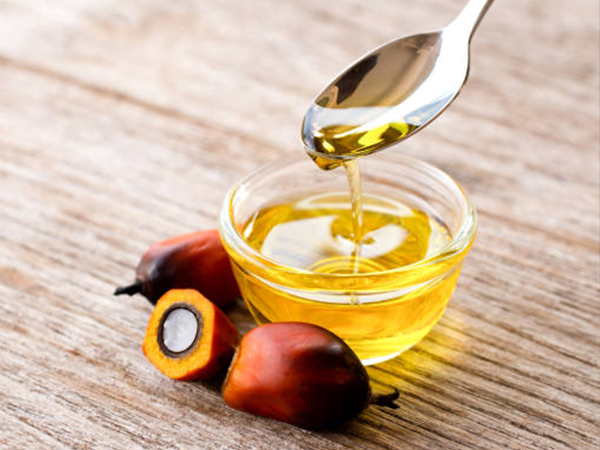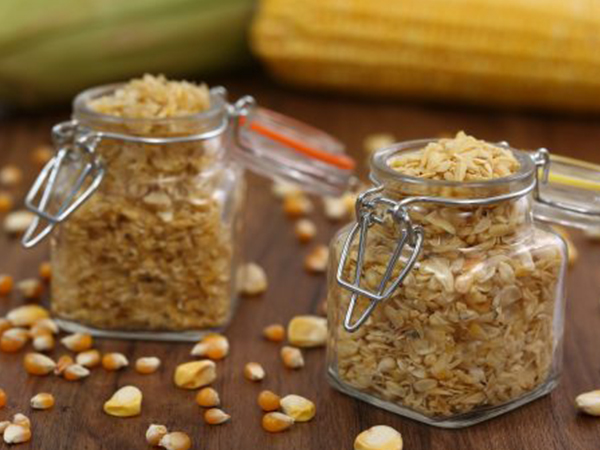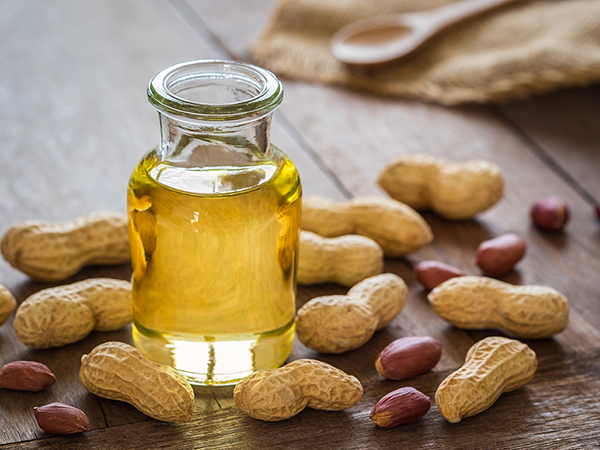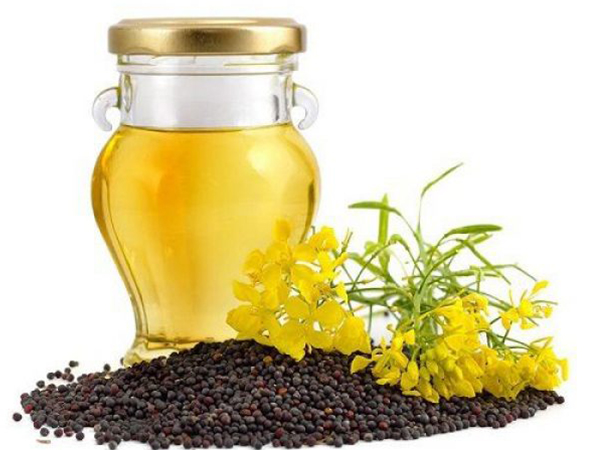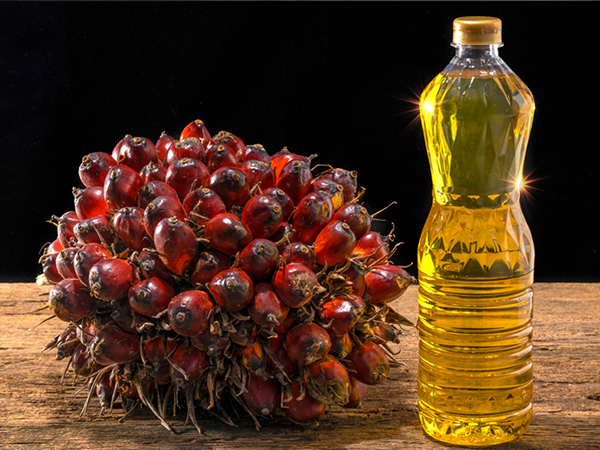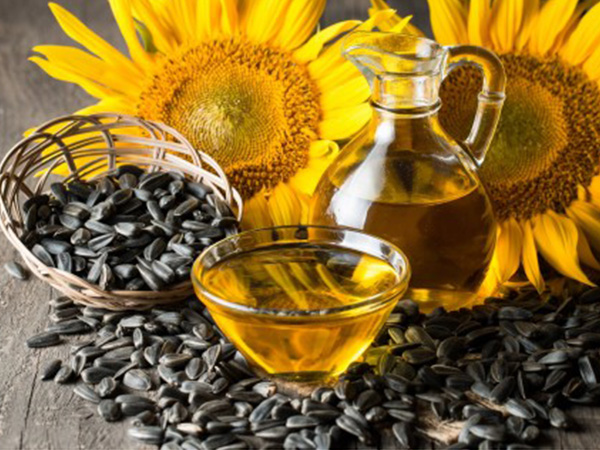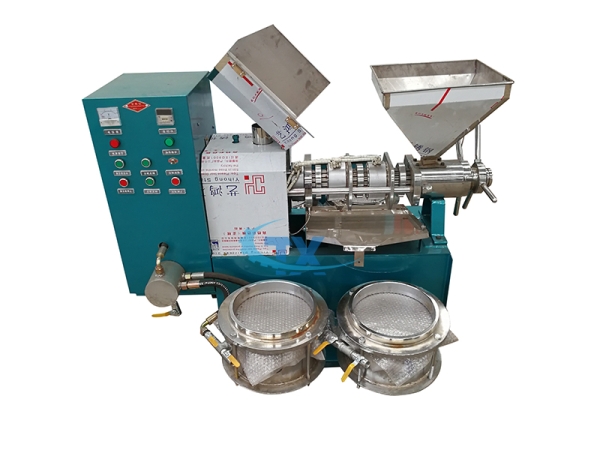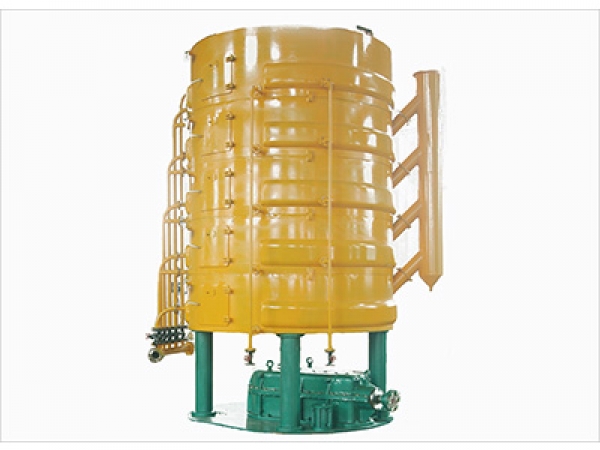There are two primary types of avocado oil:
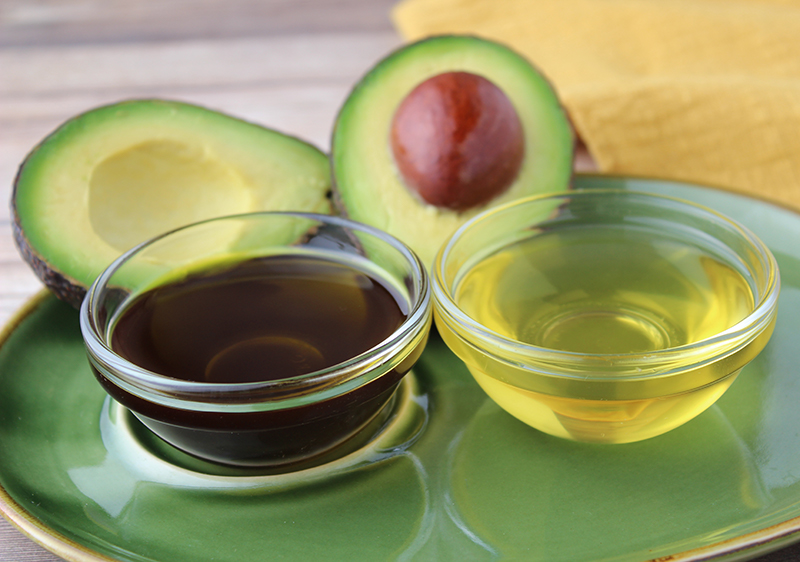
Virgin (or Extra Virgin) Avocado Oil:Produced by mechanical extraction (cold-pressing) without chemicals. It retains the flavor, color, and aroma of the fruit and is used for culinary purposes. This process does not involve "refining" equipment.
Refined Avocado Oil: This oil is extracted (often with solvents or expellers from lower-quality fruit) and then undergoes a refining process to remove impurities, free fatty acids (FFA), and strong flavors/odors. The result is a neutral-tasting oil with a higher smoke point, suitable for cooking, cosmetics, and pharmaceuticals.
The Avocado Oil Refining Process & Key Equipment
The standard chemical refining process for vegetable oils, including avocado oil, consists of four main steps.
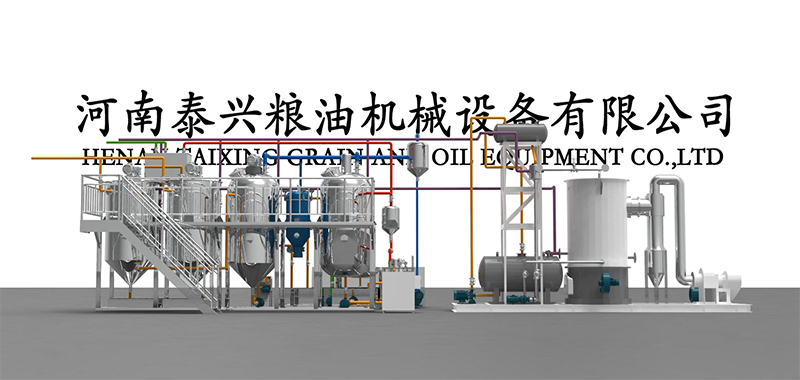
1. Degumming
Purpose: To remove hydratable (like lecithin) and non-hydratable phospholipids (gums). These can cause off-flavors and haze in the final oil.
Process: The crude oil is heated and mixed with a small amount of water or food-grade acid (like phosphoric or citric acid). This hydrates the gums, making them insoluble in oil.
Key Equipment: Reaction Tank / Mixer: A heated, agitated tank where the oil and acid/water are thoroughly mixed. Centrifuge: A high-speed degumming centrifuge separates the heavy gum phase from the now degummed light oil phase.
2. Neutralization (or Caustic Refining)
Purpose: To remove free fatty acids (FFA), which cause oil to smoke and spoil quickly. The process also removes residual gums and some pigments. Process: The degummed oil is treated with a sodium hydroxide (NaOH) solution (lye). The lye reacts with FFAs to form "soapstock" (soap).
Key Equipment: Neutralizer / Caustic Mixer: A tightly controlled tank where oil is heated and precisely mixed with the lye solution. Disc Stack Centrifuge: A neutralizing centrifuge (often self-cleaning) spins out the dense soapstock from the neutralized oil. Water Wash Tank & Centrifuge: The oil is then washed with hot water to remove any traces of soap. A second washing centrifuge separates the wash water from the oil.
3. Bleaching
Purpose: To remove color pigments (chlorophyll, carotenoids) and residual soap, metals, and oxidation products.
Process: The oil is heated under vacuum and mixed with bleaching earth (a special activated clay) and sometimes activated carbon. The clay adsorbs the impurities.
Key Equipment: Bleacher Vessel: A key piece of equipment. It's a closed, cylindrical tank with an agitator, heating coils, and, crucially, a vacuum system. The vacuum prevents oxidation during this heating step. Filters: After contact time, the oil-clay mixture is pumped to a filter press (most common) or a leaf filter to remove all the spent bleaching earth. Polishing filters may be used afterward to ensure no clay particles remain.
4. Deodorization
Purpose: This is the final and most critical step. It removes volatile compounds that cause off-flavors and odors. It also destroys peroxides, stabilizing the oil for shelf life.
Process: The oil is heated to very high temperatures (220-250°C / 428-482°F) under an extremely high vacuum. Steam is sparged through the oil, carrying away the volatile compounds.
Key Equipment: Deodorizer: The largest and most complex unit in the refinery. It is a multi-tray, tall, stainless steel column designed to operate under high temperature and deep vacuum. It includes: High-capacity vacuum system: Typically a multi-stage steam ejector system. Oil heater: Often a thermal oil heater for safe, high-temperature heating. Steam sparging system. Cooling section (drop tank): To rapidly cool the oil after processing to preserve quality. Heat Recovery System: Modern plants use economizers to pre-heat incoming oil with the hot outgoing oil, significantly saving energy.
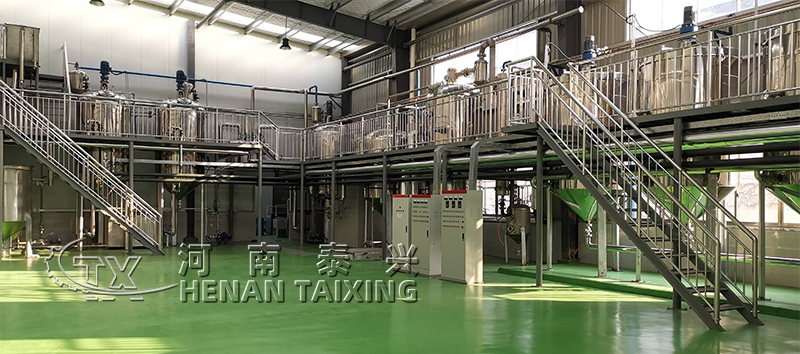
Considerations for Purchasing Equipment
1.Capacity: Avocado Oil Refining Lines can range from small (5 TPD) to very large (500+ TPD).
2.Turnkey vs. Component: Suppliers can provide individual machines or a complete, installed, and commissioned turnkey project.
3.Automation Level: Ranges from manual/semi-automatic to fully automated PLC control. Higher automation improves consistency and reduces labor but increases cost.
4.Material: All food-contact parts must be stainless steel (SS 304 or SS 316) to resist corrosion.
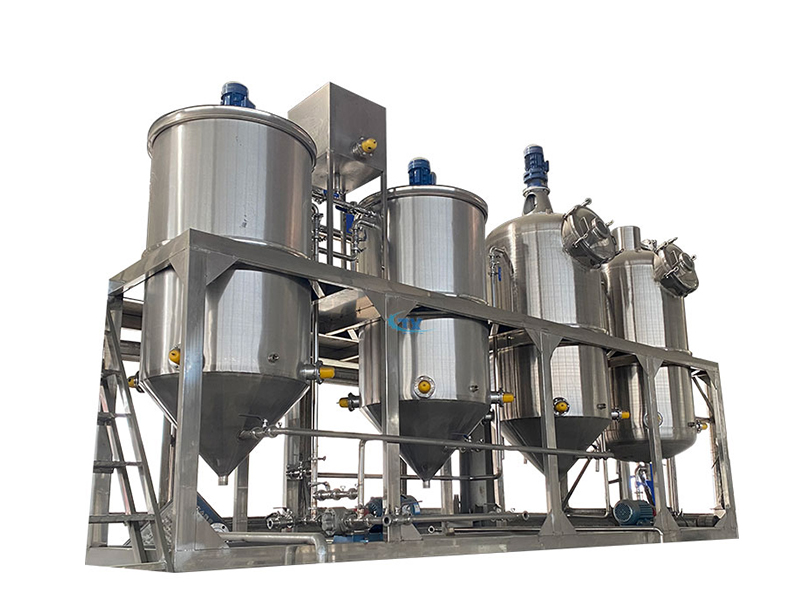
Henan Taixing Grain and Oil Equipment Co., Ltd. is established manufacturer with experience in edible oil refining, specifically with avocado if possible, which is a Leading manufacturer/Supplier of Edible Oil Refining Equipment from Large-Scale / Industrial, Mid-Scale / Specialist, and Small-Scale / Batch. And we supply tailored solutions for customers according to capacitied, automatic level, material, etc.

